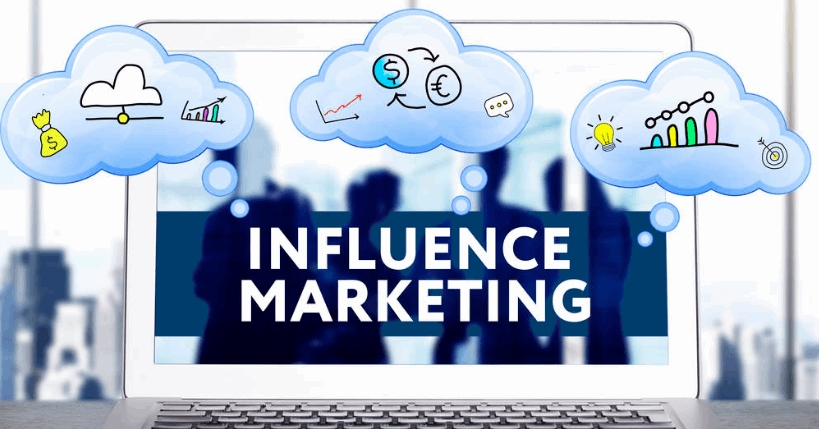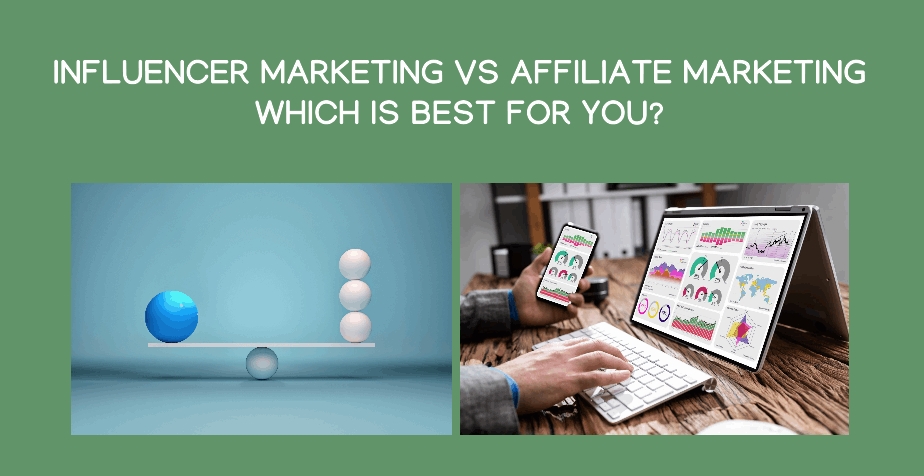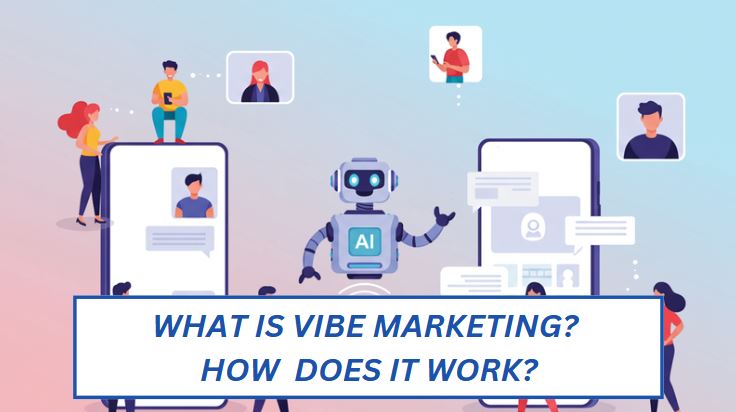There’s a misconception that affiliate marketing and influencer marketing are the same. Although both do overlap, they’re two different marketing strategies. In this influencer marketing vs affiliate marketing comparison, we’ll dive into the definitions, pros, and cons of both. Let’s get started.
What’s Influencer Marketing
Influencer marketing is growing exponentially; it’s expected to surpass $22 billion by 2025. An influencer marketer is simply a social media personality with a decent following around a specific niche or industry. When brands work with influencer marketers to achieve their marketing goals, it’s called influencer marketing.
Think of it like celebrity endorsements. The difference is that in influencer marketing, you don’t only work with people who have a large following. There are other criteria at play, including:
- The niche
- Engagement
- Whether the influencer has worked with any brand in the past
Benefits of Influencer Marketing

For Brands
By working with influencers, brands don’t have to build their own audience from scratch. They’re essentially paying for the time and effort it took for an influencer to build a following. In addition, brands don’t need to create any content; influencers do that for them. Plus, since people listen to influencers, the engagement and conversion rate is usually pretty high. You can also get in front of a highly targeted audience with an influencer marketing strategy. In conclusion, it’s a marketing strategy brands use to achieve their marketing goals.
For Influencers
From an influencer’s point of view, it’s a highly lucrative online business. As an influencer, you can earn several streams of income by working with multiple brands. Not only that, but influencer marketing offers additional benefits such as an additional income source from affiliate marketing, professional and personal growth, and networking opportunities.
You May Also Like: PR and Reputation Management (Build Reputation with Effective PR)
Challenges of Influencer Marketing
From a brand’s perspective, one of the biggest challenges is to find the right influencers for their business or product. Before working with someone, you have to make sure they have an engaged following and are creating high-quality, relevant content consistently. Measuring engagement metrics accurately can be a challenge as well. Plus, they may have to hire an influencer manager.
Influencers have their own challenges they have to overcome. Probably the biggest one is building a large enough following that’s loyal to you and listens to your recommendations. Most industries are getting more competitive, so standing out can be a challenge. However, once an influencer has a loyal following, nothing should stop them from being successful.
What is Affiliate Marketing

Affiliate marketing is worth more than $17 billion globally. Affiliate marketing is when marketers promote products or services owned and managed by other brands and get a pre-decided commission for every conversion. This conversion can be a lead, a sale, or any other conversion depending on the goals. For instance, let’s say you’re an affiliate for an e-commerce brand that sells solar panels and offers $10 affiliate commissions. If you sell a $200 solar panel, you get $20 as a commission.
Benefits of Affiliate Marketing
Having an affiliate program can pay off quite well because it’s a performance-based model. This means you only have to pay your affiliates when they generate results for you. This makes it one of the most cost-effective and risk-free marketing strategies for businesses.
For affiliates, one of the stand-out benefits of affiliate marketing is that you don’t have to create a product yourself. You can pick a product or service that’s generating good results and build your business on top of it. In addition, there’s a potential to earn recurring income, especially when you generate sales for subscription products.
Challenges in Affiliate Marketing
Creating an affiliate program is easy. However, finding affiliates to work with long-term can be a challenge for brands. You have to make sure they don’t use any spammy or fraudulent marketing strategies to promote your products. In short, managing an affiliate program as a brand is nothing less than a challenge. However, if you get a few loyal affiliates, it’s like hiring performance-based digital marketers.
From an affiliate’s point of view, it’s already a pretty saturated industry. This makes it tough for new affiliates to build trust in their industry. Another challenge is making affiliate marketing a sustainable source of income. You don’t usually know where your next commission will come from.
You May Also Like: How to Use LinkedIn for Networking
Influencer Marketing Vs Affiliate Marketing: Which One to Choose
If you’re a brand, the decision depends on several factors, including how much initial budget are you willing to spend. Influencer marketing tends to be a bit more costly and you’re paying upfront. An affiliate agreement lets you leverage top affiliates on the basis of their performance, so there’s no upfront investment. Why not invest in both if you can?
When it comes to choosing influencer and affiliate marketing as professions, both professions overlap a lot. If you want to become an affiliate marketer, you need some sort of “influencer” on the target audience in your niche. This means successful influencers are usually successful affiliates.
Influencer Marketing Vs Affiliate Marketing: FAQs
Let’s address some frequently asked questions about influencer marketing vs affiliate marketing.
Is Influencer Marketing and Affiliate Marketing Same?
Affiliate and influencer marketing aren’t the same. Although they do overlap. If an influencer promotes affiliate products, they’re an affiliate marketer as well. However, affiliates don’t need to be influencers in the traditional sense.
Do You Have to Be an Influencer to Be an Affiliate?
No, you don’t need to become an influencer to be successful at affiliate marketing. For instance, you can write SEO blog posts and generate affiliate traffic even without any social media following.
What is the Difference Between an Influencer Program and an Affiliate Program?
An influencer usually helps brands achieve their marketing goals in return for monetary compensation upfront. Affiliates, on the other hand, promote a brand’s product and get paid for generating results.
Conclusion
If you’re a brand and don’t want to spend anything upfront for marketing, creating an affiliate program might be the best way to move forward. If you can invest, influencer marketing is probably the fastest way to grow a business.
If you’re not sure which profession to pick between affiliate and influencer marketing, think about your goals and preferences. You can be an influencer and an affiliate at the same time. But, you don’t have to be an influencer, in the traditional meaning of the word, to be a successful affiliate.




